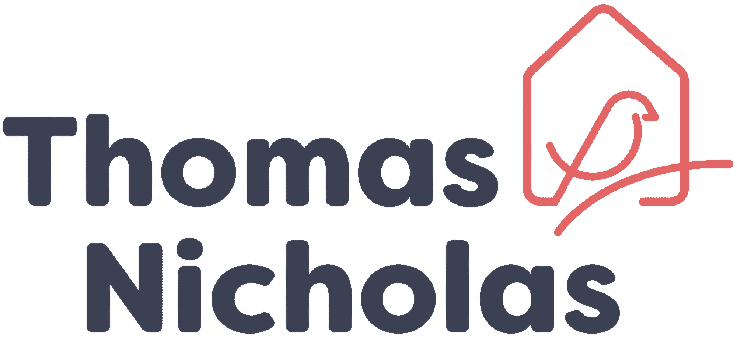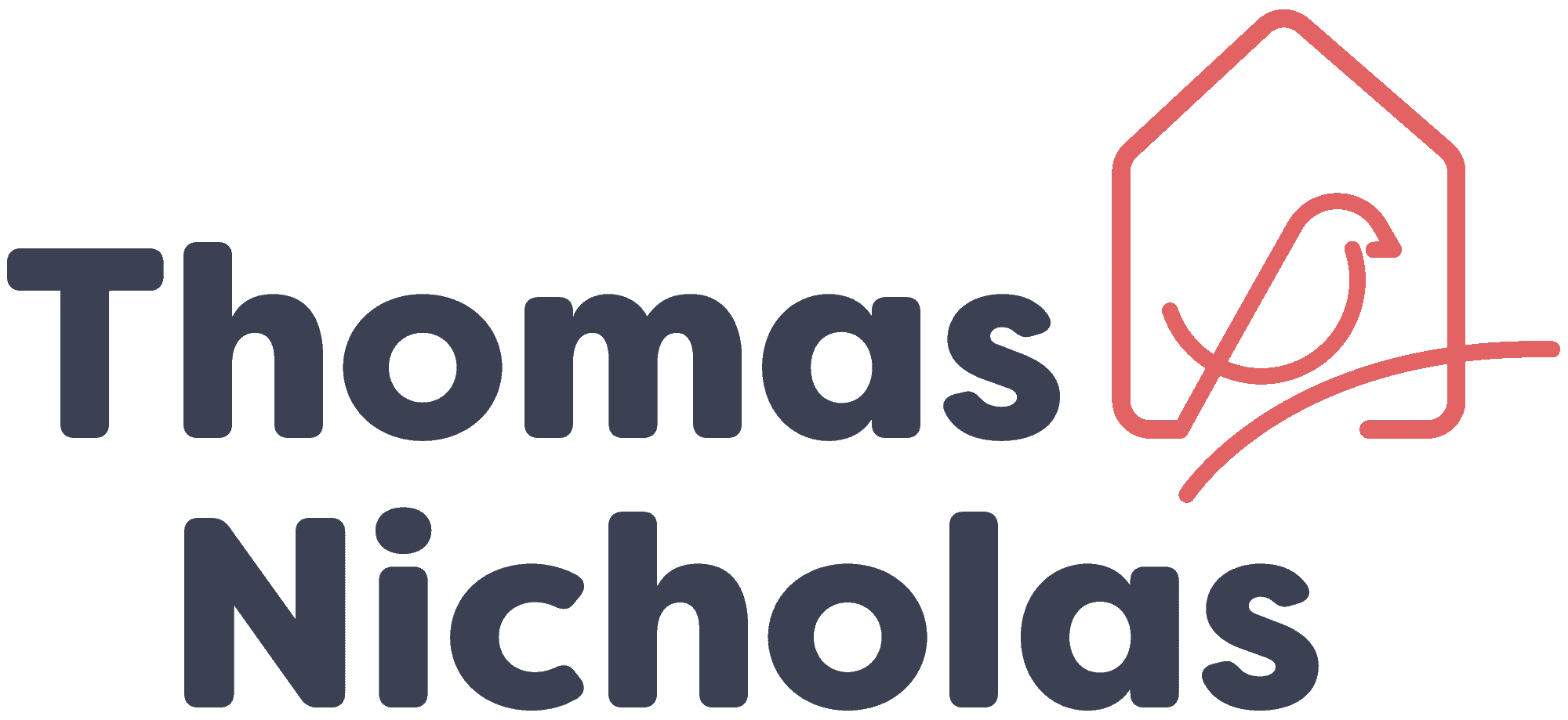Are you hoping to buy your first home in 2021? Buying a property is an exciting milestone, but it’s one that can be stressful too. So, here’s our guide for first-time buyers.
Rising house prices have meant it’s more challenging than ever for first-time buyers to step onto the property ladder. According to the Halifax House Price Index, the average home in November 2020 was worth £253,243. That’s an annual increase of 7.6%. However, there are still opportunities to buy a first home with some careful planning.
Saving a deposit
As a first-time buyer, saving a deposit is the first challenge. Lenders will typically expect 5-10% to act as a deposit. However, this will depend on your financial circumstances, as well as what’s happening in the wider economy. For example, last summer some lenders were asking for a minimum of 20% deposit due to the uncertainty and demand caused by the Covid-19 lockdown.
The amount needed for a deposit can seem daunting. Saving regular amounts and breaking down your end goal can help keep you on track.
Some products can help you save for a deposit. This includes the Lifetime ISA (LISA) if you’re aged between 18 and 39. You can add up to £4,000 per tax year into a LISA, with the government providing a 25% bonus to help your savings grow faster. However, you’ll face a penalty if you want to withdraw the money for a purpose other than buying a home, so you need to be sure this is your goal.
This is also a good point to review your credit report and score. This is used by lenders to assess whether they’ll accept your application. If you have negative factors or mistakes on your report, it can take some time to rectify them. Acting now means you have a chance to improve your credit score if needed.
Understanding how much you can borrow
You also need to understand how much you can realistically borrow. This will affect how much you need to save for a deposit and where you can look for a home.
As a general rule of thumb, you can borrow four times your annual salary. However, there is no guarantee. The amount will vary between lenders and will be influenced by your financial situation. There are online calculators that can give you an idea of how much you’re able to borrow.
As you near the point when you’re in a position to buy, you can apply for a mortgage in principle with a lender. This is a statement from a lender saying they’ll lend you a certain amount. Having one can provide confidence that an eventual mortgage application will be accepted for both you and the seller. However, a mortgage in principle is not a guarantee of lending as the lender won’t yet have performed a hard credit check or taken all the factors into account.
Finding a property and applying for a mortgage
Once you have a deposit saved and a mortgage in principle, you can start looking at homes.
It’s an exciting point in the home buying experience, but one that can be nerve-wracking too. After all, you’ll hopefully be putting in an offer on your first home. Searching for the right property can be a long process and you may need to adjust your expectations. Keep an eye on what’s selling and the prices in the area you’re interested in.
When viewing a property, try and take someone else with you. They may spot things you’ve overlooked and having someone to chat to about your ideas can really help you see how you’d settle in. When you find a property and put in an offer that’s accepted, it’s time to organise your mortgage.
You can choose to go with the mortgage lender that offered you a mortgage in principle, but you don’t have to. There are many lenders you can use, including those that don’t have a high street presence. Comparing the interest rates offered can save you money in the long run.
This is the point where a mortgage broker can be useful. We’ll help you understand which lenders are likely to accept your application and those with competitive terms, whether you want to reduce immediate costs or want the option to overpay. We’re also able to help you gather the information needed for the application and offer advice on the details provided, giving your application the best possible chance of success.
Lenders will need to see evidence of your income and address to move your application forward. You’ll also need to provide details of expenses and other forms of debt you may have. Make sure you have all this information prepared to speed up the process. Once everything has been sent, you’ll usually receive a response within 30 days.
If your mortgage application is rejected, don’t panic. Lenders have differing criteria, but you shouldn’t jump straight into another application as this can leave a mark on your credit report. Ask why your application wasn’t successful, as in some cases a specialist lender may be needed, for example, if you’re self-employed. A mortgage broker can help if this is the case.
Don’t forget the other costs
Understandably, your focus is often on how much your mortgage will cost and securing a deposit. But don’t forget that purchasing a home comes with other costs that you need to factor into your budget too. This may include:
- Mortgage broker fee
- Valuation fee
- Mortgage arrangement fees
- Solicitor fees
- Local searches
- Homebuyers or building survey
- Stamp Duty (if you’re a first-time buyer you’re exempt if the property value is below £500,000)
- Moving costs
Make sure you get a clear quote from any professional you’ll be working with so you can accurately plan your budget. It’s best to have a reserve to cover unexpected expenses as well.
If you’re looking for your first home this year, please get in touch, we’re here to help you find a mortgage that suits your needs.
Please note: This blog is for general information only and does not constitute advice. The information is aimed at retail clients only.



)